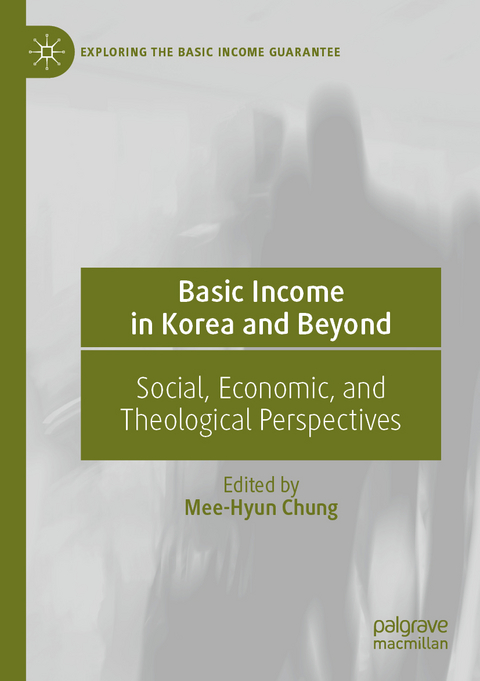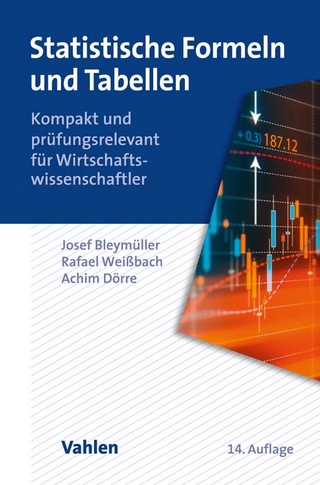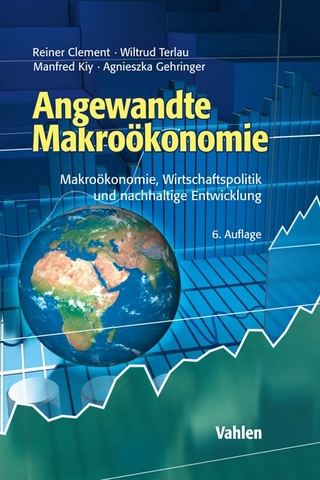
Basic Income in Korea and Beyond
Springer International Publishing (Verlag)
978-3-031-09204-6 (ISBN)
Although modern society is a global one, centered on the economic ideology of neo-liberalism, the negative effects of social polarization caused by this are quite severe. It is also urgent to come up with alternative solutions to the problems of labor reduction and wage labor. Moreover, the expansion of productivity through collaboration between humans and artificial intelligence also presents a challenge. An interdisciplinary study on the meaning and restructuring of labor is therefore needed.
This book traces themes supporting the concept of basic income appearing in the Old and New Testaments, as well as precedents relating to basic income in the context of capitalism in the thought of the Reformers. Within the framework of Christian ethics, the book looks at the ideological basis for basic income and its applicability to the current situation in order to pursue economic justice. Additionally, the book examines the practical feasibility and rationale for basic income by discussing the economics of basic income financing and the political economy implications for how it can be applied to real politics.Chung Mee-Hyun is a professor of theology at the United Graduate School of Theology of Yonsei University, Seoul, and serves as the Dean of university chaplain of Yonsei University in Seoul, South Korea. She is an ordained minister in the Presbyterian Church in the Republic of Korea (PROK). She holds a Dr. theol. from Basel University, Switzerland. In 2006, Chung received the Karl Barth Prize from the Union of Protestant Churches within the EKD for her doctoral dissertation and other related articles. She also received Marga Buehrig prize in 2013. She was named one of ten key Reformed theologians by the World Communion of Reformed Churches (WCRC) in 2017.
Chapter 1: Introduction.- Part 1: Biblical Implication regarding Basic Income.- Chapter 2: Two foundations of the Theory of Basic Income: Natural Rights and Biblical Laws .- Chapter 3: A Reflection for "Anyone Unwilling to Work" (2 Thessalonians 3:10) from the Perspective of Basic Income .- Part 2: Church Historical, Ethical and Feminist Theological Approach on Basic Income.- Chapter 4: Basic Income Based on Luther and Calvin's Economic Thoughts: Focusing on the Jubilee Thought.- Chapter 5: The Necessity and Directivity of Basic Income from the Perspective of Christian Ethics: Focusing on the Ethics of the Other .- Chapter 6: A Discourse on Basic Income from the Perspectives of Reformed Spirituality and Feminist Theology .- Part 3: Socio Ethical Suggestion and Social Scientist Approaches toward Realization of Basic Income.- Chapter 7: A Social Ethical concept of Ecological- Oriented Basic Income-Based on the plan of income distribution at the level of national economy .- Chapter 8: Left and Right Basic Income Models and an Alternative: The Variable Basic Income .- Chapter 9: A pro-outsider policy? Why an unconditional basic income could contribute to tackling the causes and effects of labor market dualization .- Chapter 10: Conclusion: Summary and suggestion of research results.
| Erscheinungsdatum | 09.02.2024 |
|---|---|
| Reihe/Serie | Exploring the Basic Income Guarantee |
| Zusatzinfo | XIX, 251 p. 20 illus., 17 illus. in color. |
| Verlagsort | Cham |
| Sprache | englisch |
| Maße | 148 x 210 mm |
| Gewicht | 355 g |
| Themenwelt | Sozialwissenschaften ► Politik / Verwaltung |
| Wirtschaft ► Volkswirtschaftslehre ► Makroökonomie | |
| Wirtschaft ► Volkswirtschaftslehre ► Wirtschaftspolitik | |
| Schlagworte | Artificial Intelligence • basic income • Capitalism • Christian Ethics • dual economy • economic justice • Korean economy • Labor Economics • Policy • Theology |
| ISBN-10 | 3-031-09204-X / 303109204X |
| ISBN-13 | 978-3-031-09204-6 / 9783031092046 |
| Zustand | Neuware |
| Haben Sie eine Frage zum Produkt? |
aus dem Bereich


